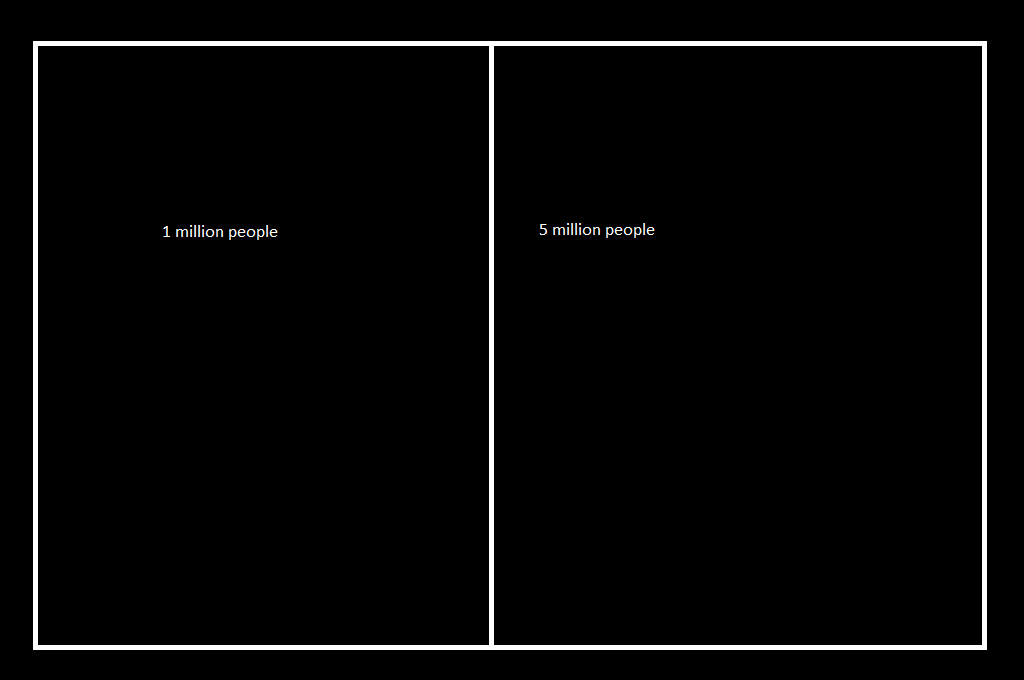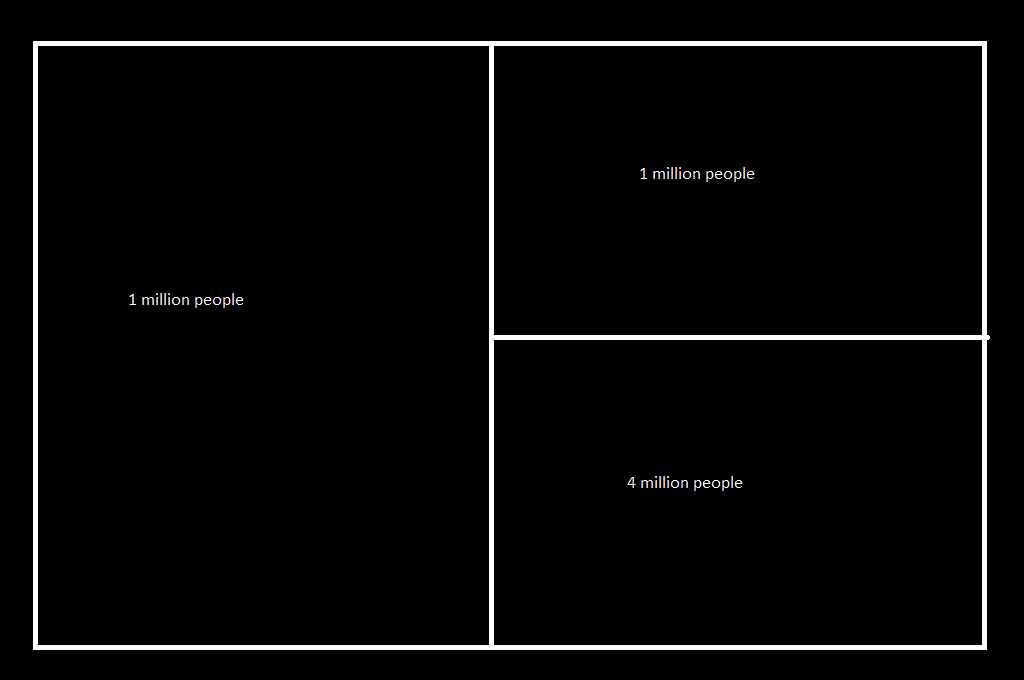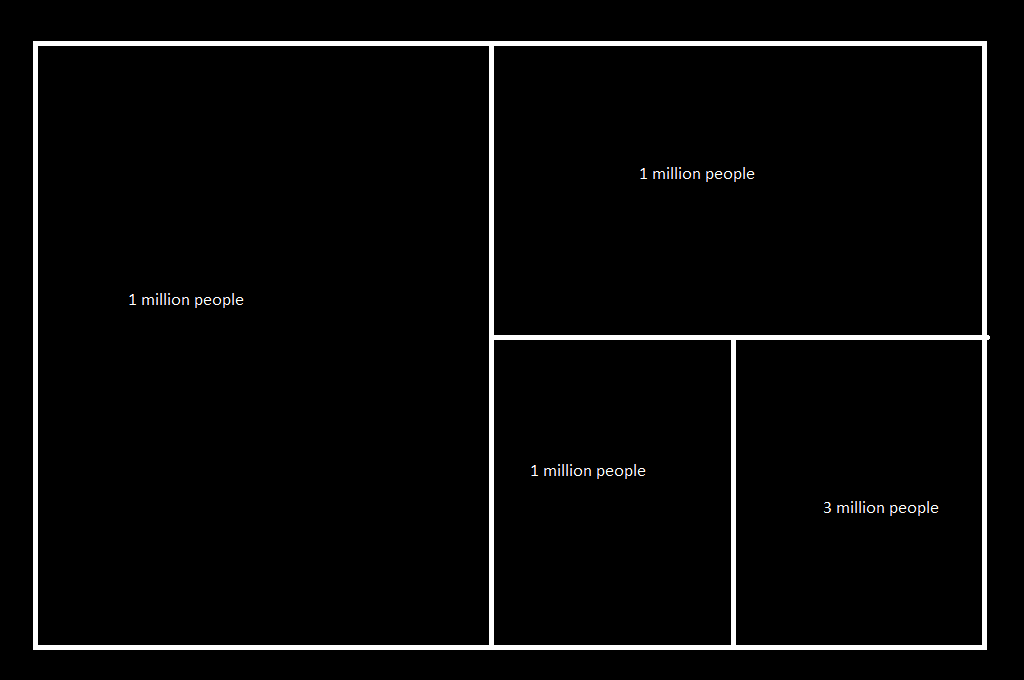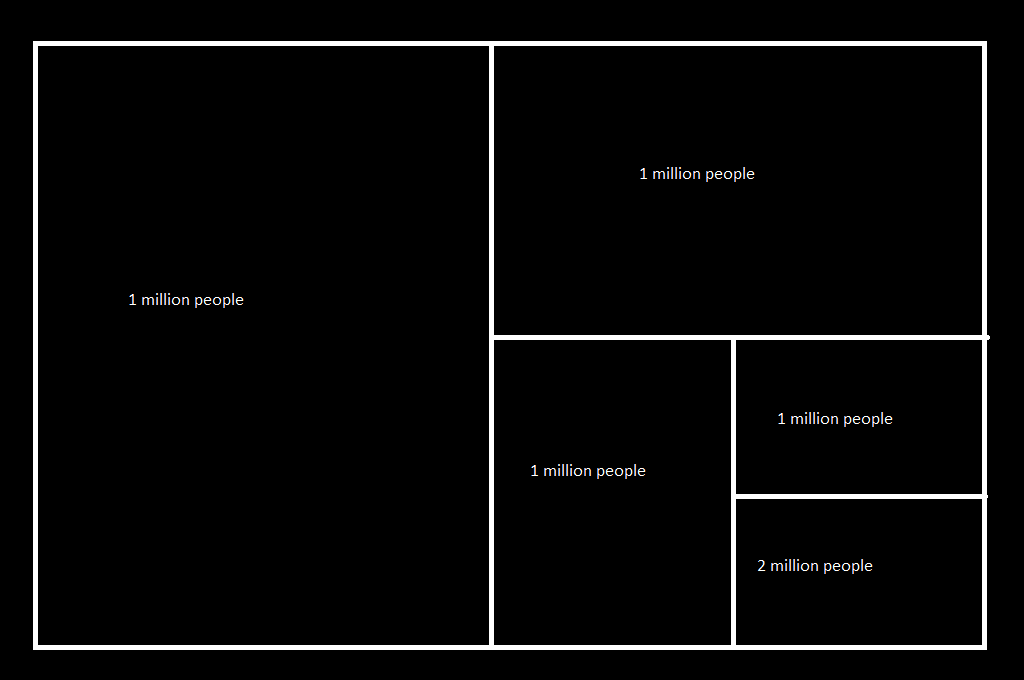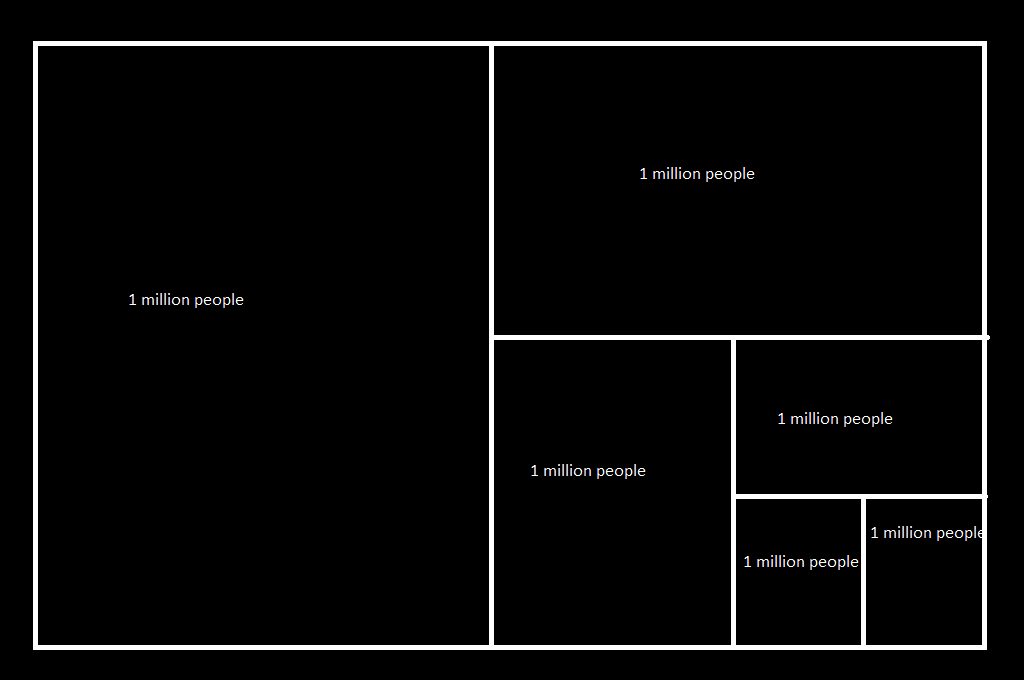Alternative Fact: James Comey “unilaterally and surreptitiously made unauthorized disclosures to the press of privileged communications” – Trump’s personal lawyer, Marc Kasowitz, in a public statement.
Real Facts: I was a little surprised to hear that Comey himself leaked the meeting notes, but it makes sense in the broader context. And someone with vast legal knowledge and experience in law enforcement will know if something is illegal (i.e. request immunity before testifying to the fact) or not (i.e. announce it in widely broadcast Congressional testimony). He specifically wrote the memo to be unclassified, so the White House could not claim disclosure of classified information.
So they went with “privileged”. Trump does not understand that FBI lawyers are not actually his legal council (bit of a frightening proposition)? They certainly aren’t his spouse or clergy (although I believe both spouse and clergy can unilaterally waive privilege under the Federal Rules of Evidence).
Alternately, Trump wants to assert executive privilege. Equally nonsensical. Executive privilege could have prevented Comey’s testimony in the first place. Or can be used when refusing to disclose information/evidence to legal or legislative bodies. Executive privilege does not protect information from the Executive branch from being disclosed to media outlets. Or subsequently published. And even so, Executive privilege can be denied if the information is deemed critical to the case (i.e. if a Congressional investigation is meant to determine if Trump obstructed justice in pressuring the FBI director to end an investigation … testimony from the FBI Director regarding Trump’s requests to conclude the investigation are central to the investigation. Which, I assume, is why the White House did not even try to claim privilege and prevent Comey’s testimony.).
Bonus Real Facts: Oh, Marc Kasowitz’s statement following James Comey’s testimony. Where to start? Saying it would be good to find out if some peripherally related individual is found to be guilty of collusion isn’t actually support of an investigation. It could also be interpreted in the full context of the conversation as “it would be good if this whole investigation got closed up quickly. Here’s how you do it: find some stooge from my campaign and pin it all on him.”.
Not being investigated does not mean anything — the original scope of a case may be an individual. The initial investigation implicates a few more who then become part of the investigation. The new targets yield evidence that implicates new people and so on. This is the fact behind Comey saying he did not want to publicly state that Trump was not under investigation for collusion with the Russian government — if something comes up that brings into question Trump’s actions, he will be under investigation. At which point, the ‘duty to correct’ means the FBI would need to announce that Trump is under investigation … substantively meaningless as many people are investigated without being guilty.
I was investigated for bribery in negotiations with China – not because I even knew my company had negotiations with China but because I was involved in the internal corporate investigation and participated in evidence gathering (i.e. they were investigating if the evidence “gathering” was more of an evidence purging activity). I had properly collected the evidence and turned it over to inside council, end of investigation. At the outset of the investigation, though, an announcement that “Lisa is under investigation as part of our inquest into international bribery” sounds bad.
Worse, though … Nixon didn’t personally break into the Watergate hotel, but covering it up after the fact and obstructing justice was illegal. Reagan didn’t personally ring up the Ayatollah to delay the release of Iranian hostages – but having a campaign adviser speaking to a cleric representing the Ayatollah … sounds illegal to me even if the investigation got curtailed in sympathy for a man with cognitive decline. Bill Clinton’s impeachment was over testimony regarding an extramarital affair — also nothing to do with the original investigation. When someone is determining if your actions constitute obstruction of justice, proclaiming your innocence in the initial matter is a complete red herring. Normally, yeah, innocent people don’t intentionally obstruct justice. Letting the Chinese bribery investigation run its course served me well — no personal harm, no professional harm. Just a few wasted hours of paid time.
But the investigation is hampering Trump’s agenda, and getting rid of the investigation might leave him clear to pursue legislative initiatives. The investigation, regardless of guilt, is causing harm. Which makes obstruction … well, not outside the realm of possibilities.

